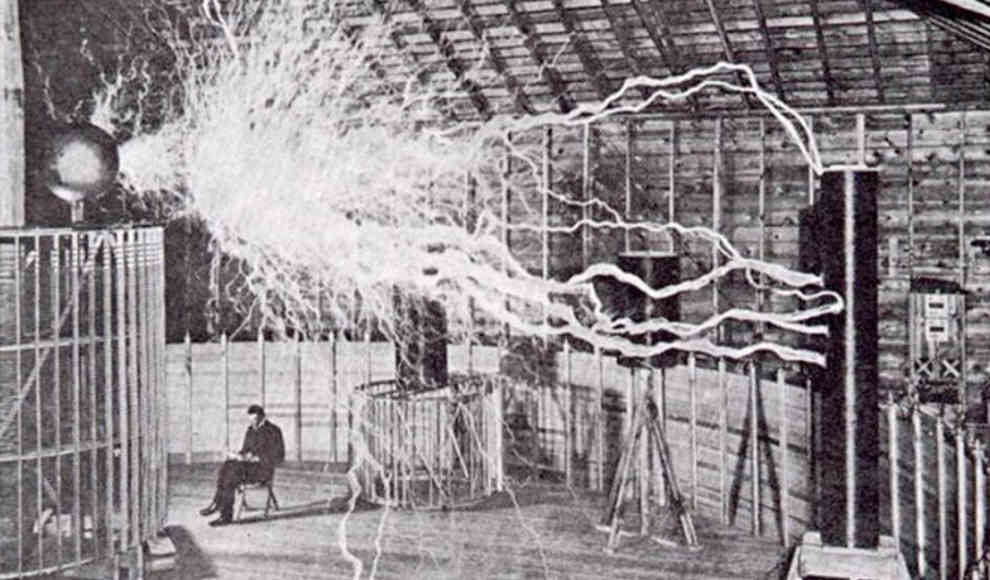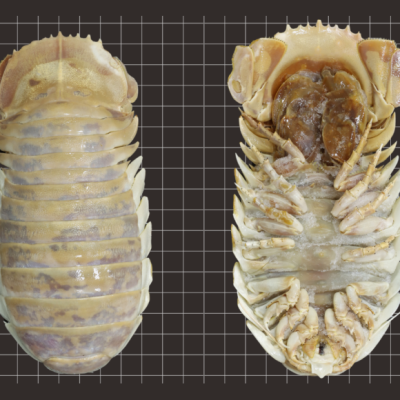Creativity and Psychosis: Are They Genetically Linked?
It is commonly believed that large breasts and a sporty appearance are sexy and provide an evolutionary advantage for reproduction. However, could it be that creativity is also genetically sexy, but at a high cost? According to a new study published in the “Nature Neuroscience” magazine, genetic mutations that increase the risk of developing mental illnesses such as schizophrenia may also provide a significant advantage for creativity. Dr. Kári Stefánsson, a neurologist and CEO of the biological research company deCODE Genetics, claims that these genetic changes could be preserved in human DNA because they provide an evolutionary advantage.
The study analyzed the genes of more than 80,000 Icelanders to determine if authors, dancers, artists, actors, and musicians have genetic markers in their DNA associated with an increased risk of certain psychiatric disorders. The results showed that the risk of developing schizophrenia is substantially higher in the creative part of the Icelandic population than in the average creative rest. However, many other scientists caution against Stefánsson’s conclusion, stating that genes can only explain a small part of a psychological trait, and there are many other factors that influence creativity and mental illness.
While the influence of genetic markers is statistically relevant, it is effectively negligible. These genes may only have about a one percent impact on creativity, if any connection exists at all. Stefánsson acknowledges that genes are not the only source of creativity, but he believes that they exist in high frequency. Kay Redfield Jamison, a clinical psychologist at the Johns Hopkins University School of Medicine, agrees with Stefánsson and suggests that if we can identify the genes responsible for creativity, we may be able to make people less creative. However, she also acknowledges that creativity is not solely determined by genetics, and there are many unique expressions of creativity.
In conclusion, the relationship between creativity and mental illness is complex and multifaceted. While genetic markers may play a role in both, they are not the sole determinant. Further research is needed to fully understand the connection between creativity and mental illness and to develop effective treatments for those who suffer from these conditions.










